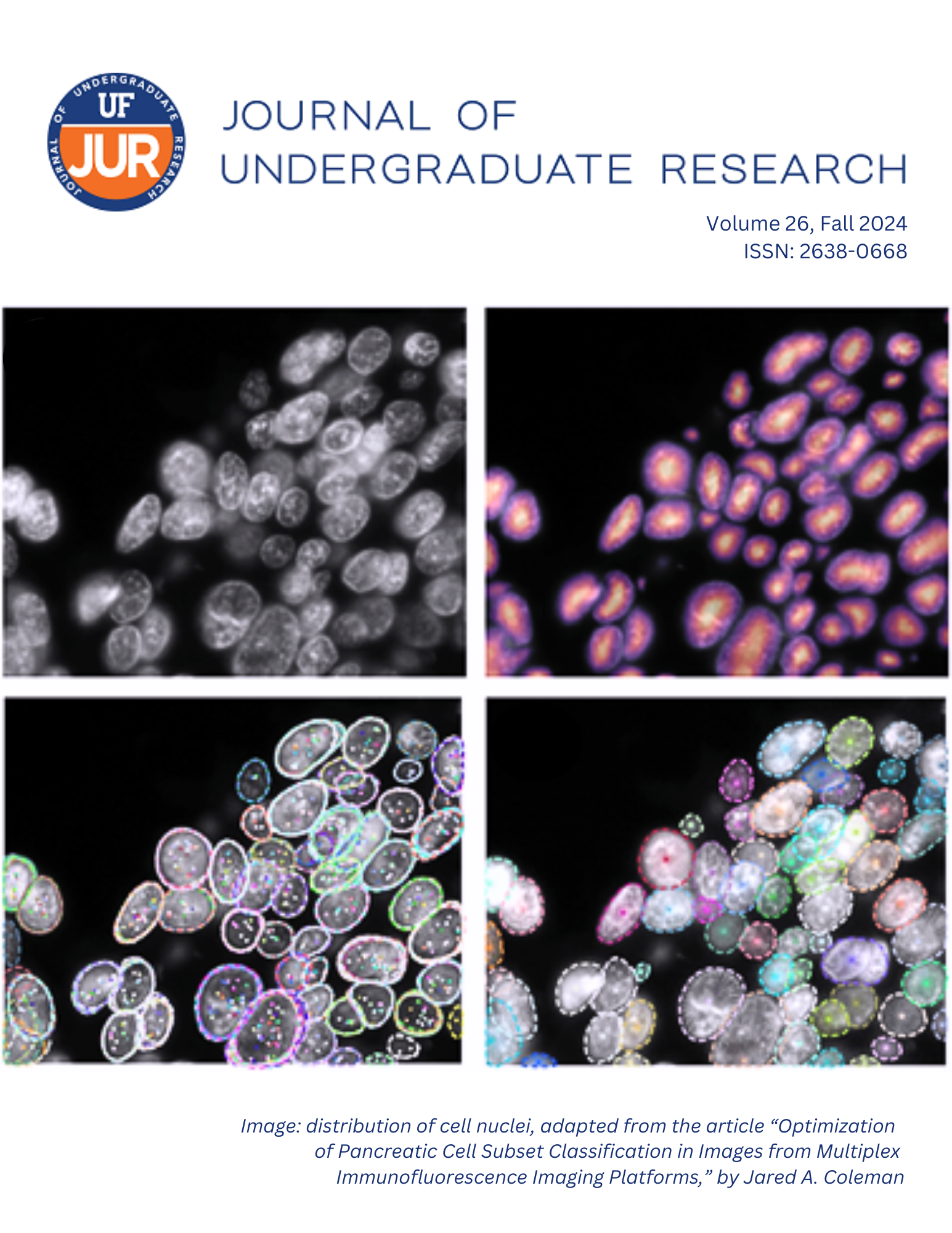Leveraging Machine Learning to Aid in the Utilization of Diagnostic Testing in Thrombotic Thrombocytopenic Purpura
Keywords:
Artificial Intelligence, thrombotic thrombocytopenic purpura, machine learning, clinical laboratoryAbstract
Artificial intelligence (AI) has the potential to revolutionize the medical field with machine learning utilization, improving patient outcomes. Thrombotic thrombocytopenic purpura (TTP) is a life-threatening, blood clotting disorder which is confirmed by the ADAMTS13 activity assay. The improper usage of ADAMTS13 and constrained resources in laboratories leads to inefficient patient care. This research project will result in a decision tree (DT) algorithm, aiding in efficiently diagnosing TTP. This machine learning (ML) support tool would reduce the over-utilization of ADAMTS13 testing and save lives. In Phase 1, the principal investigator coded the ML algorithm, which was developed by training and testing with preliminary data, producing an overall accuracy of 81%. Phase 2 curates a collection of patient data using the UF Health electronic health record for validation of the algorithm. Phase 3 includes additional testing with new data, while Phase 4 requires review of guidelines for implementation into the laboratory. This knowledge will help close the mortality gap for TTP and provide the framework to advance the development of AI support tools for various diseases. The overarching mission is to create the lab of the future where AI-generated decision support tools guide better diagnostic testing to aid clinicians in improving patient care.
Downloads
Published
Issue
Section
License
Copyright (c) 2024 Avery Teman, Seanna Clark, Tatiana Vu, Zaraith Oviol, Maximo Marin

This work is licensed under a Creative Commons Attribution-NonCommercial 4.0 International License.
Some journals stipulate that submitted articles cannot be under consideration for publication or published in another journal. The student-author and mentor have the option of determining which journal the paper will be submitted to first. UF JUR accepts papers that have been published in other journals or might be published in the future. It is the responsibility of the student-author and mentor to determine whether another journal will accept a paper that has been published in UF JUR.

